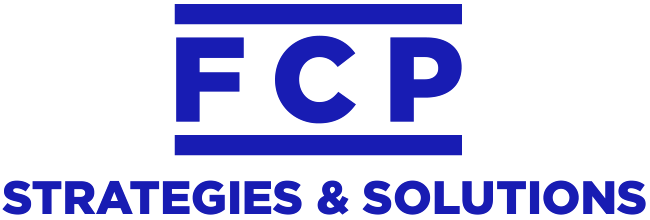- FinTech – Possible Considerations:
Government and regulators must not be swayed by the hype of Fintech and take decisions that are in the best interest of the Public. In consideration of the discussion in the previous Blogs, here are some points to consider:
Promote FinTech but…:
One can respond to the pressure of supporting Fintech by lessening the regulatory standards or provide more flexibility in order to “promote” innovation. The supposed benefits of such decision should also justify the results of an unleveled playing field for existing financial institutions, increased risk and losses to consumers. In such cases, there has to be honest and clear disclosure of the additional risks and potential costs / losses.
On the other hand:
It’s possible that a stronger regulatory response is required for FinTechs to mitigate the increased risks caused by technology, such as:
- Strong Governance: strengthen the responsibility on FinTech management to deal with operational risk through specific “technology governance” including policies, procedures, internal controls / compliance / internal audit, quality control standards, training, etc.
- External Verification and Audit: regulation can require independent and structured technology audits of the software / hardware on a regular basis. External verification and testing that the FinTech’s custom software performs its calculations (fees, interest, penalties, and charges), transactions, costing, etc. accurately and in accordance with expectations. The audit would also deal with controls, policies and procedures, cyber security and the protection and use of data. Audit Reports would be filed yearly with the regulator.
Financially stable FinTech companies:
Like any business, FinTechs should have proportional level of financial reserves / capital / insurance to address their financial exposure to their level of market risks they may pose in the market place.
When things go wrong…:
Given the possibility of FinTechs becoming insolvent, one must consider and address the impact. An insolvent regulated financial institution will be taken over and managed very quickly by the regulator to avoid losses and damage to assets. However, an unregulated FinTech may have very little hard assets and the company’s value resides in the Company’s software and the information / data it has; both of which can be portable and removed easily from the Company. Financial information and data can be valuable in the black market. Software can also be sold. We have already seen several examples in the cyber coin are of FinTech where millions of dollars have evaporated, as have the owners. So why do we continue to exposure uneducated / inexperienced consumers to such risks; are we regressing in relying on “caveat emptor” as being the primary source of consumer protection in a market place void of credible disclosure?

